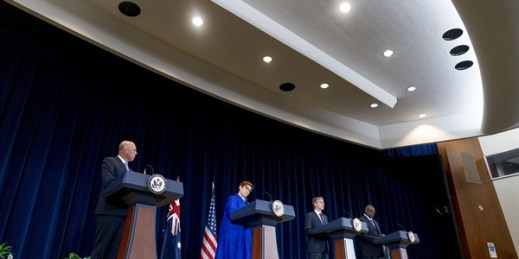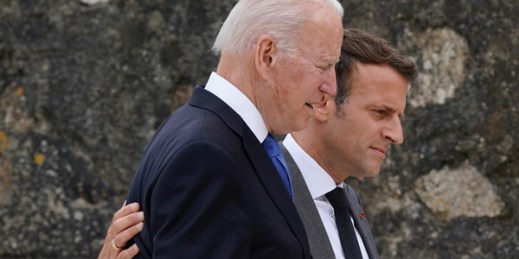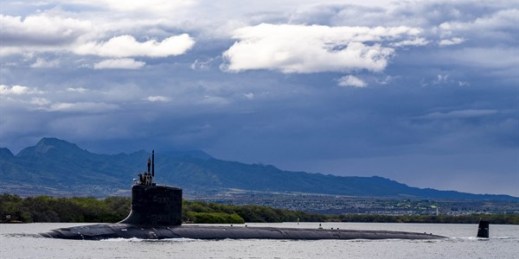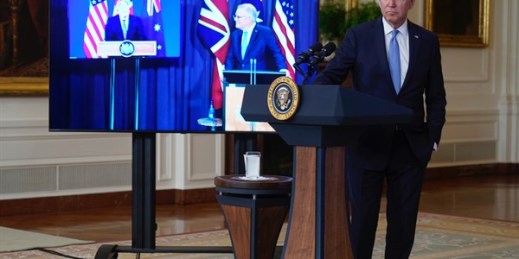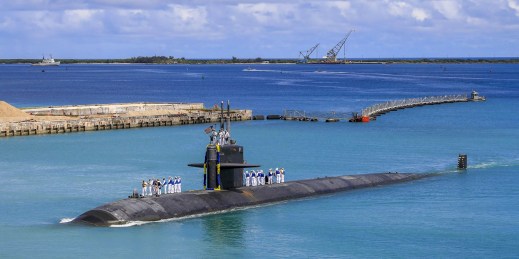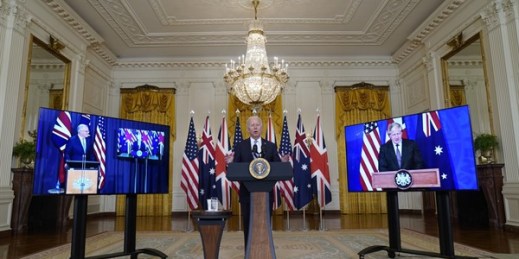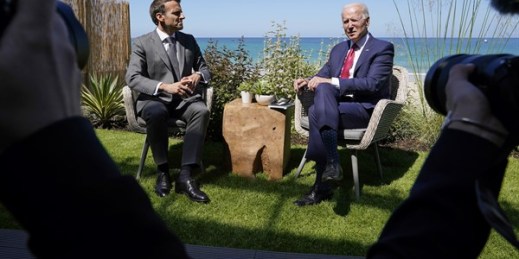
As evidenced by the wall-to-wall coverage this week in this publication and countless others, French President Emmanuel Macron’s recall of France’s ambassadors from Washington and Canberra over the trilateral security pact between the U.S., Australia and the U.K. has naturally raised anew worries about the stability of the trans-Atlantic partnership and the cohesiveness of NATO. U.S. President Joe Biden’s hard pivot to the Indo-Pacific is clearly giving France specifically, and the EU and the world more generally, a bad case of whiplash. But perhaps overshadowed by Paris’ fit of pique over Australia’s cancellation of its multibillion-dollar deal with France to build attack-class submarines in favor of […]

